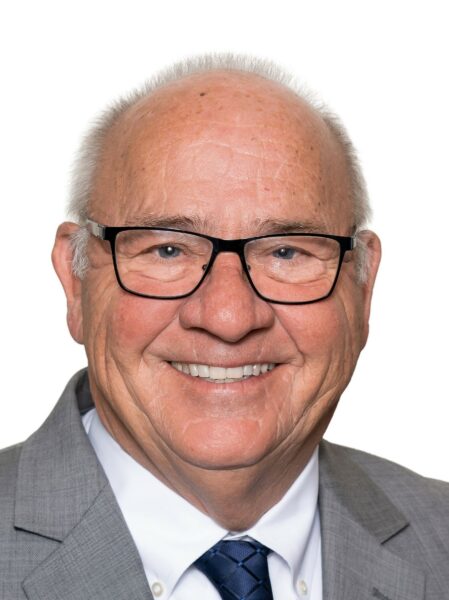Results For Articles or Consultants
Standards
“Diminishing limits policies create a host of potential problems for insurance company claim departments. As is well known the insurance industry has long been plagued with “nuisance” claims. While in some instances insurance companies make quick settlements of nuisance claims to avoid defense cost expenditures, in others, insurers will attempt to resist such claims to avoid setting a precedent, thereby sending a message to the plaintiff’s bar that nuisance claims will not be honored. Considering that defense costs are deducted from the policy’s aggregate limits, either course of action places an insurance company in a difficult position. … “
The claims audit is the anathema of day-to-day claim operations. Nothing is more disruptive. Yet, if properly defined, nothing is more informative and helpful in improving a claim management program. This article will examine the need for a regular auditing program and provide a recipe for a three-dimensional approach to the process in order to maximize the accuracy of the audit results.
The need to conduct regular claims audits has already been widely discussed. With the magnitude of self-insured claims programs (including self-funded programs) and the millions of dollars spent on claim administration fees, what better way to verify whether the money spent has been justified or wasted? In essence, an audit of closed and open claims should accomplish several things.
“Directors and officers liability policies have long been issued on a “pure claims-made” basis (a
phrase this writer first coined in 1990). That is, they were written with no prior act date (also
known as a retroactive date). As a result, wrongful acts of the directors and officers dating
back to corporate formation were covered as long as the claim was first made against the insured
during the policy term. To minimize the singular risk D&O insurers were taking (i.e.,
“what probability exists that a claim will be first made against the insured during the policy
term?”), they began using a “continuity date” and/or a “prior/pending litigation exclusionary”
date that was the same as the inception date of the first policy issued. The date the insured
first obtained coverage thus became known as the “first coverage date” so the “continuity
date” could be honored at renewal. This was reinforced by a warranty within the application
for coverage stating that the insured was or was not aware of facts, incidents, or circumstances
that could give rise to a claim in the future.”
Bachelor of Science degree in Insurance (1969) and a Juris Doctor degree (1973) from Arizona State University. Deputy Director of Insurance of the State of Arizona from July 1, 1976 through September 30, 1978. Chartered and Property and Casualty Underwriter (CPCU) in 1981 and Chartered Life Underwriter (CLU) in 1983. Member of the State Bar…
Corporate Counsel is not properly the attorney to specifically respond for the Insurance Company to a suit against the Insurance Company.
Insurance Companies need to strive for competent officers and directors.





